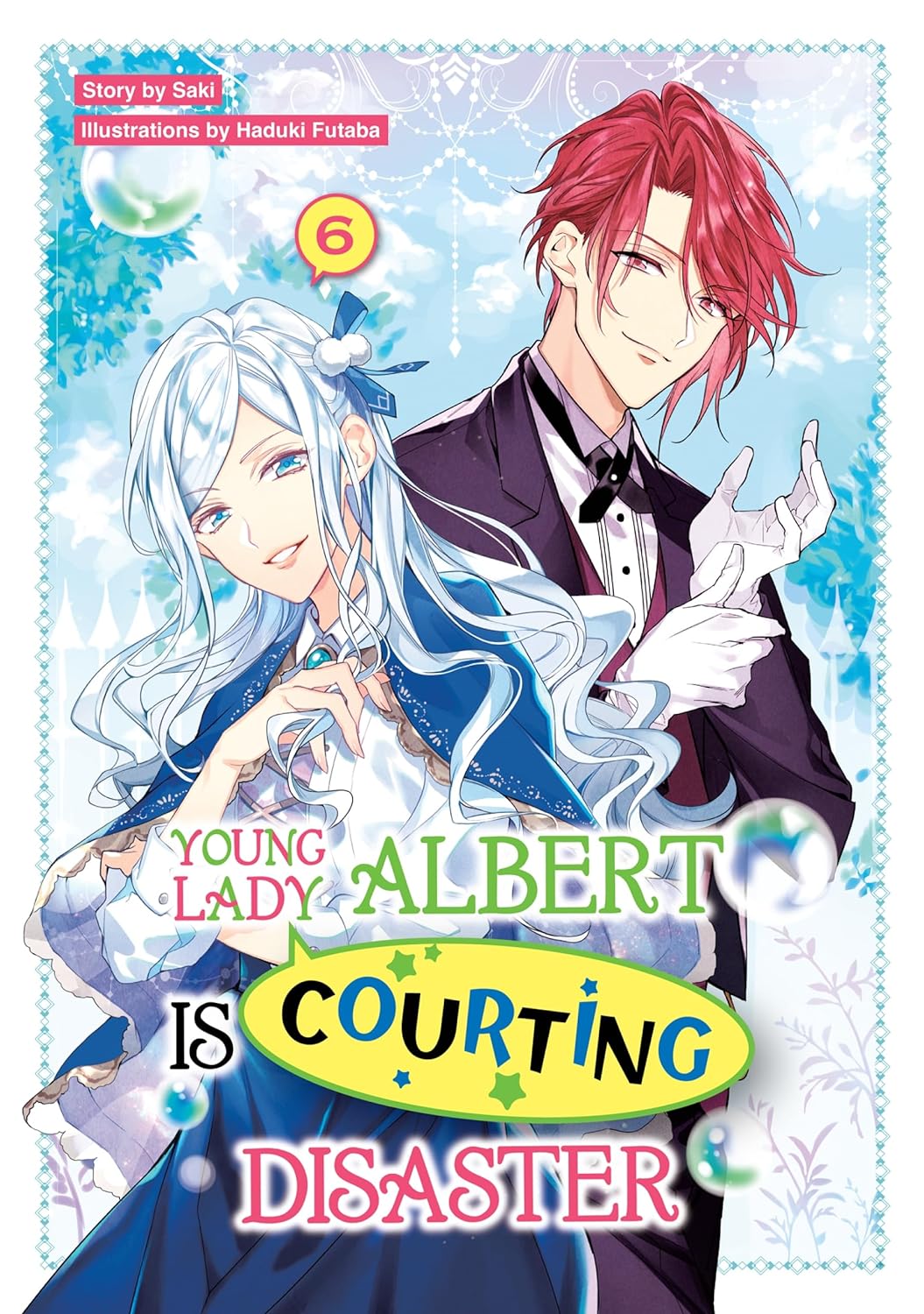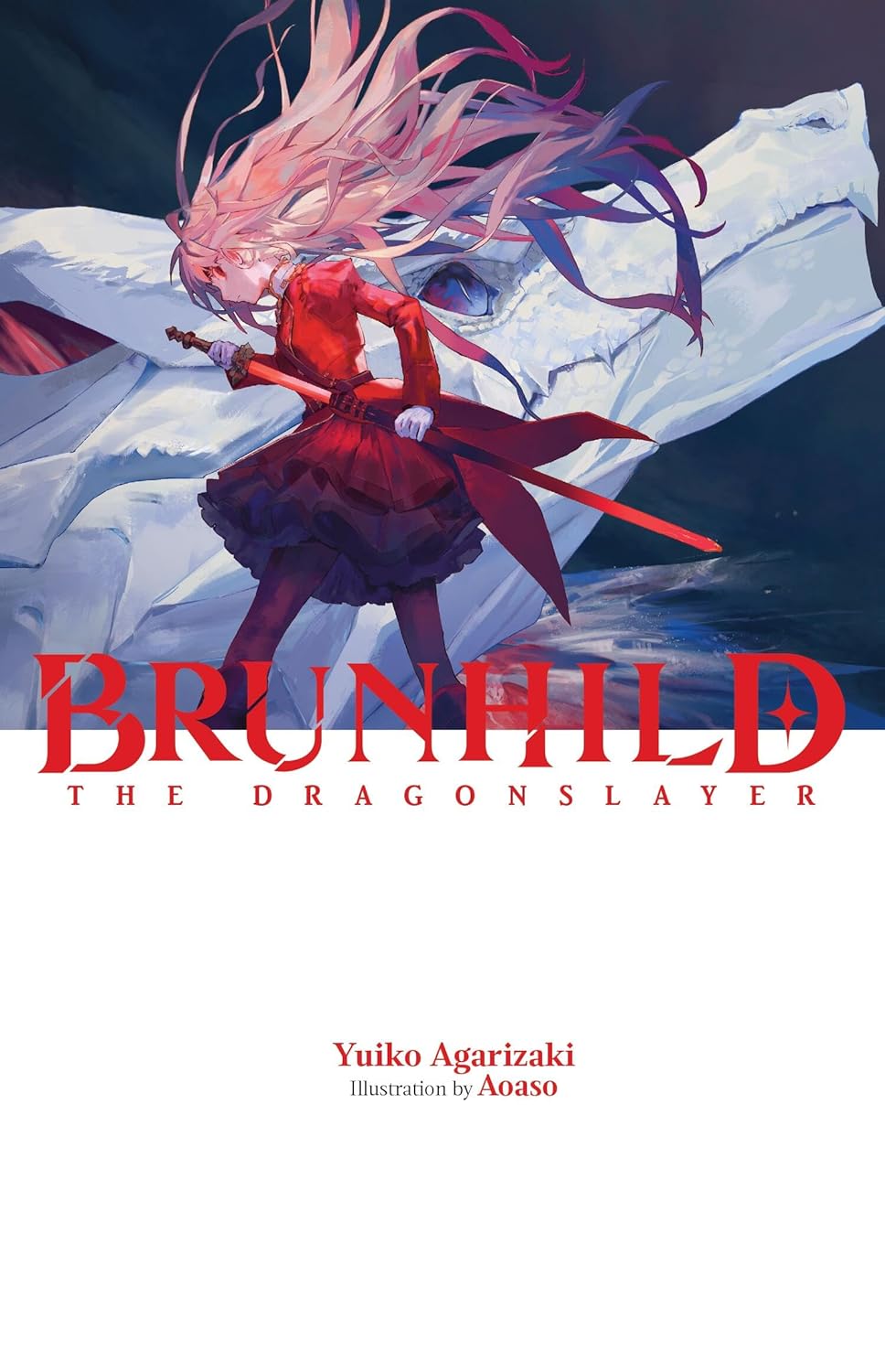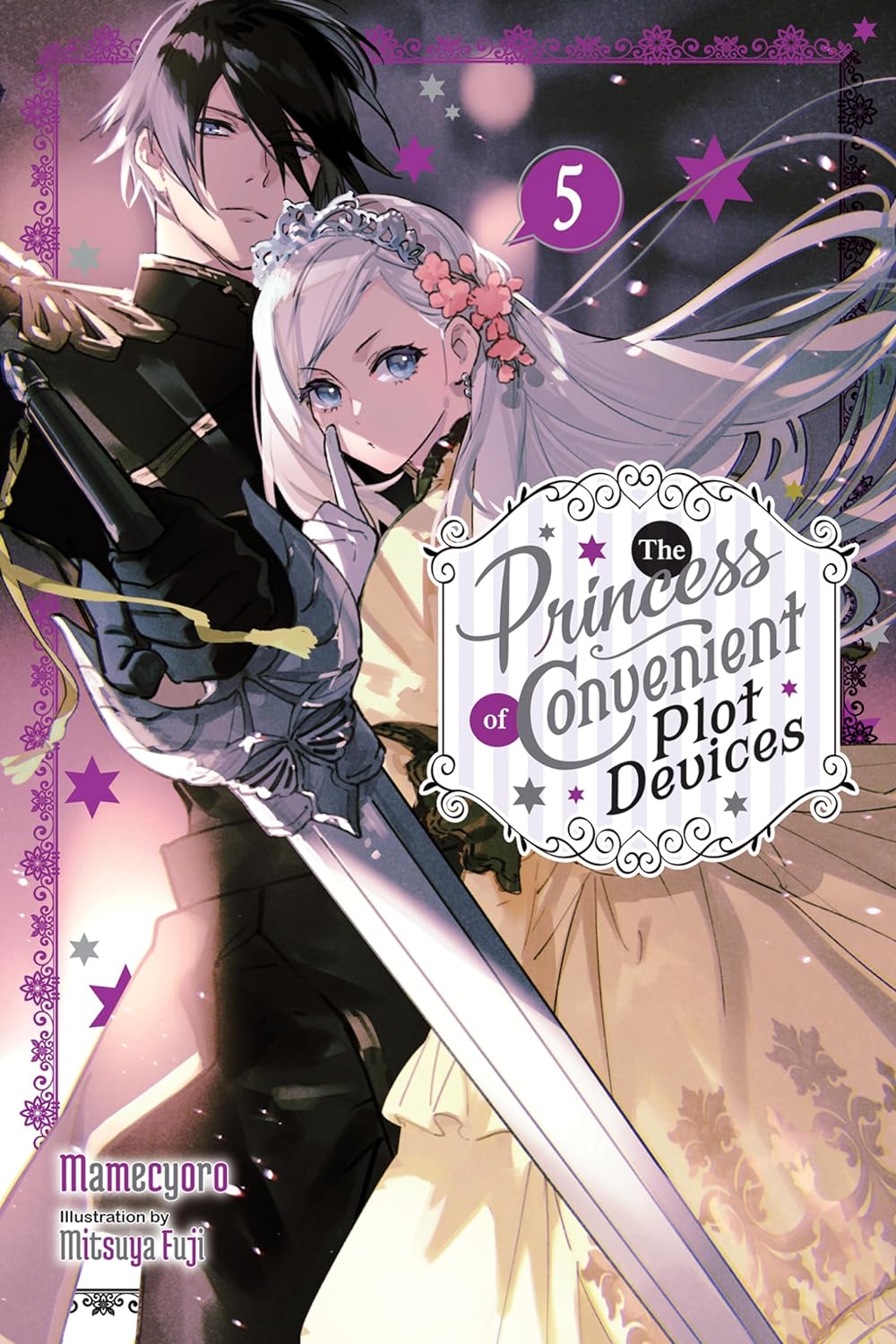By Saki and Haduki Futaba. Released in Japan as “Albert-ke no Reijō wa Botsuraku o Goshomō Desu” by Kadokawa Beans Bunko. Released in North America by J-Novel Heart. Translated by Ray Krycki.
Over the course of this series, we’ve had the original book, with the plot of the otome game, where Mary has to try to avoid… pardon me, create… her own doom. Then we had the second book which brings in the plot of the sequel, where she has to figure out how to interfere in a plotline that never involved her at all. And of course there is the anime adaptation, which ended up bringing in a THIRD woman trying to change things who runs up against the force of nature that is Mary. But most of those have been along the same lines. The heroine (really the antagonist) is defeated, and ends up, mostly, being won over by Mary. But what if we had a guy end up in the world of the game? A guy who is a minor son of a minor house in another country, not interacting with the plot at all. And he sees Mary defying her fate, and gets really pissed. Is the world of this otome game tough for a mob?
Mary is suspicious. Supposedly her brothers have revealed to her a necessary part of becoming the next head of the family, which involves touring other countries and showing that you have the right stuff to be a leader of the nobility. She’s suspicious because their supposed book looks an awful lot like a sweet and fun “take a vacation with our beloved sister” plan instead. Still, whatever. She’s happy to go to the nation of Feydella and meet her aunt and uncle. That said, she’s slightly less happy with the customs of the country, which is fine with men and women having multiple lovers, and thus everyone is hitting on her. Constantly. Worst of all, a minor noble accosts her and says that he knows her secret – she remembers this is a game and has been using her prior knowledge to manipulate things for her benefit.
The climax of this book is not unexpected, but it is rather clever, as it relies on something that I’d forgotten about this series. In general, for “I remembered my past life” sort of books, either characters remember almost from birth or at a very young age, or they remember right before the plot of whatever main plot they’re the villainess for has begun. And Mary is the latter – she only remembered her past life right before Alicia started school. She’s been worried about what everyone might think of her if she tells them the truth about her past life, mostly as the mob guy knows how to prey on insecurities. But, as Patrick points out, if she got her memories when she met Alicia, that means that all the time before that she was the ‘real” Mary Albert… and she’s always been like this. There was no change of personality whatsoever. Past life or no, Mary is ultimately a kind and clever (if daffy) heroine who attracts good people to her like flies. Which also means the antagonists of the other game and anime. But does NOT mean mob boy, who I suspect we won’t see again unless it’s in a comedy stinger.
So yes, good book, very satisfying. I think we have two more to go in the series, and there’s a limit to what new plots we can come up with. We’ll see what’s next.


